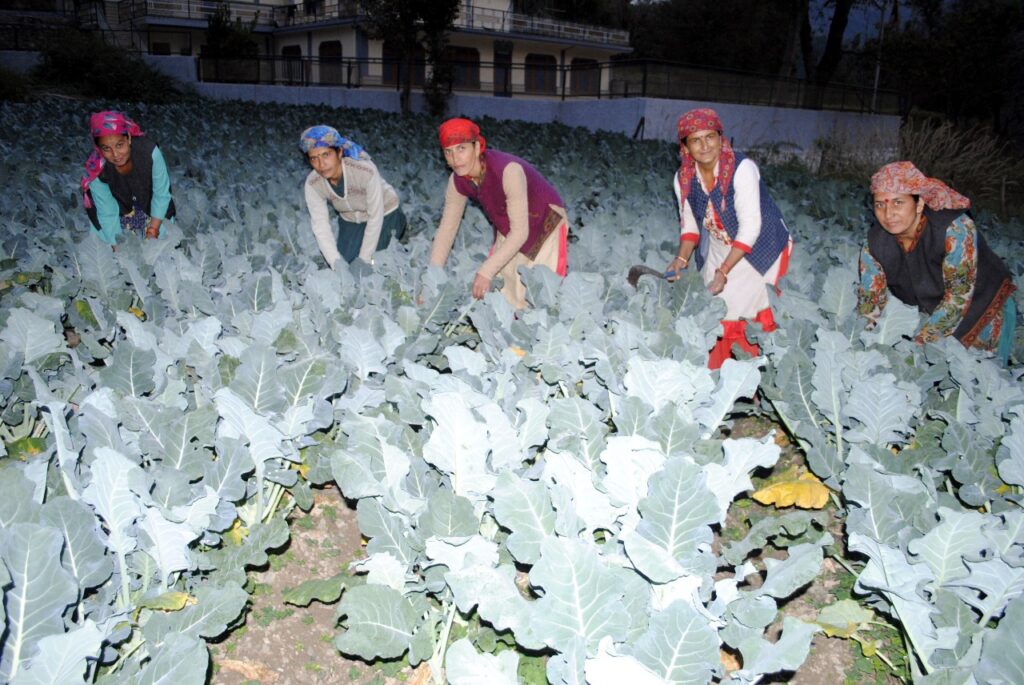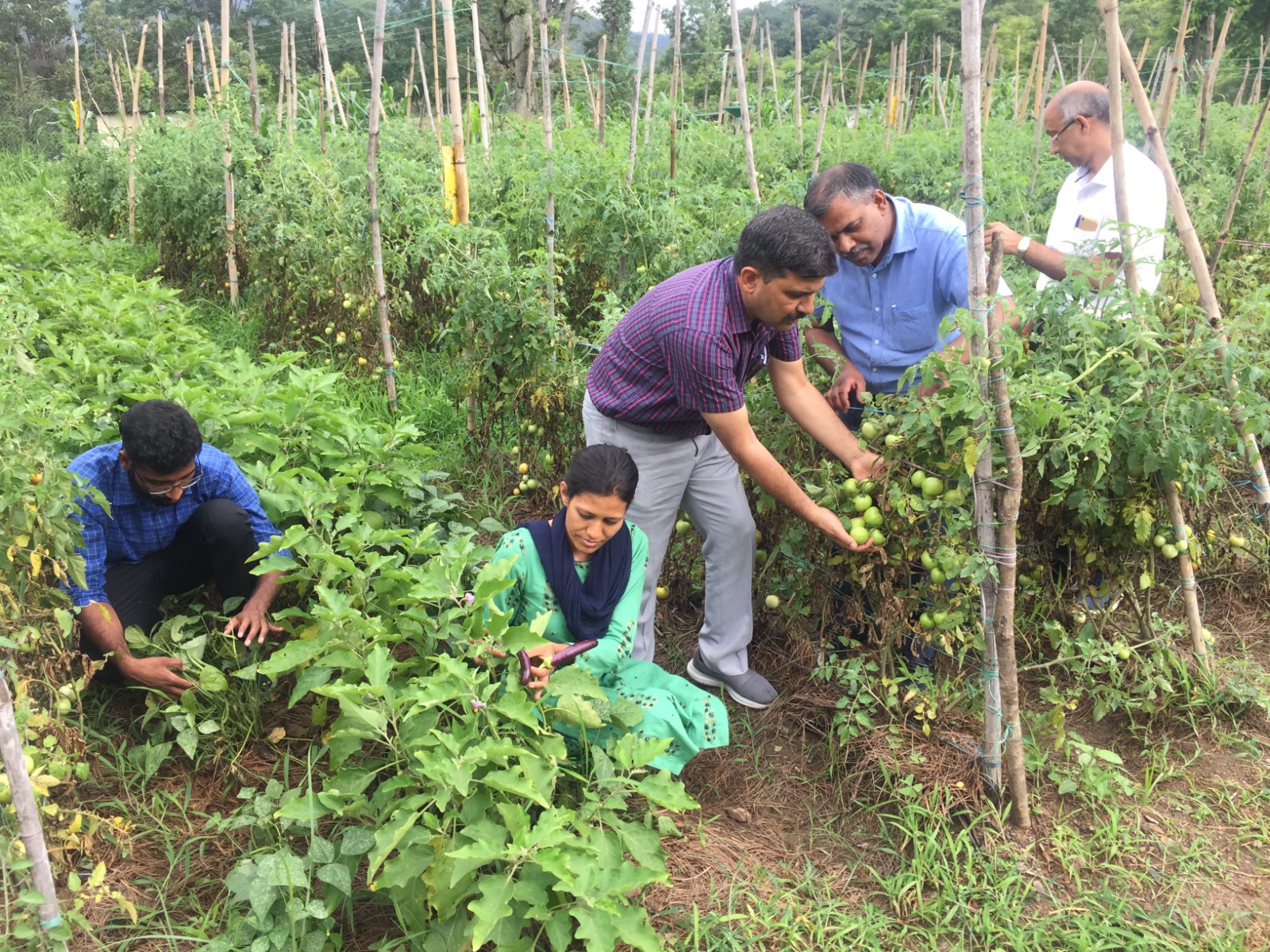Himachal farmers to raise income through Natural farming practises
Himachal farmers to raise income through Natural farming practises
Himachal Pradesh has a large population out of which 80 percent rely upon agriculture for livelihood and related activities. To ensure that these farmers get a fair price for their produce, Chief Minister Thakur Sukhvinder Singh Sukhu has launched several ambitious schemes. The Rajiv Gandhi Natural Farming Start-up Scheme, launched after the second budget session will go a long way in enhancing the income of the farmers.

In the first phase of the scheme, 10 farmers of each panchayat will be encouraged to adopt chemical-free farming. The scheme aims to connect around 36,000 farmers with natural farming. Wheat and maize will be bought at a minimum support price of Rs 40 and Rs 30 per kilogram respectively from the farmers who join this scheme. This is the highest minimum support price for wheat and maize in the country.
The state government’s initiative to encourage farmers to adopt natural farming is proving fruitful. Currently, 1,78,643 families of farmers and horticulturalists in the state have adopted natural farming. The government aims to connect yet another 9.61 lakh families with natural farming.
Under the scheme, Rs. 1275.31 lakh was spent in the financial year 2023-2024, benefiting 37,087 farmers by bringing 13,176 hectares of land under natural farming. As much as ten markets have been designated for the sale of natural farming products, and infrastructure is being developed in these markets. To ensure transparency between farmers and consumers, an innovative initiative has been launched. Under this initiative, over 76,000 farmers have been registered for natural farming and 74,283 farmers have been issued certificates for the same. This certification is completely free and meets the standards set by Participatory Guarantee System (PGS).
The state government also provides assistance up to Rs. 10,000 to open a natural farming resource centre in each village. The natural farming scheme is proving to be a milestone in environmental conservation, crop diversification, and reducing crop production costs. The Government is making efforts for the overall development of all sections of the society and all areas of the State. The agriculture sector is the backbone of the state’s economy, and the schemes launched to promote this sector are yielding positive results on the ground.

